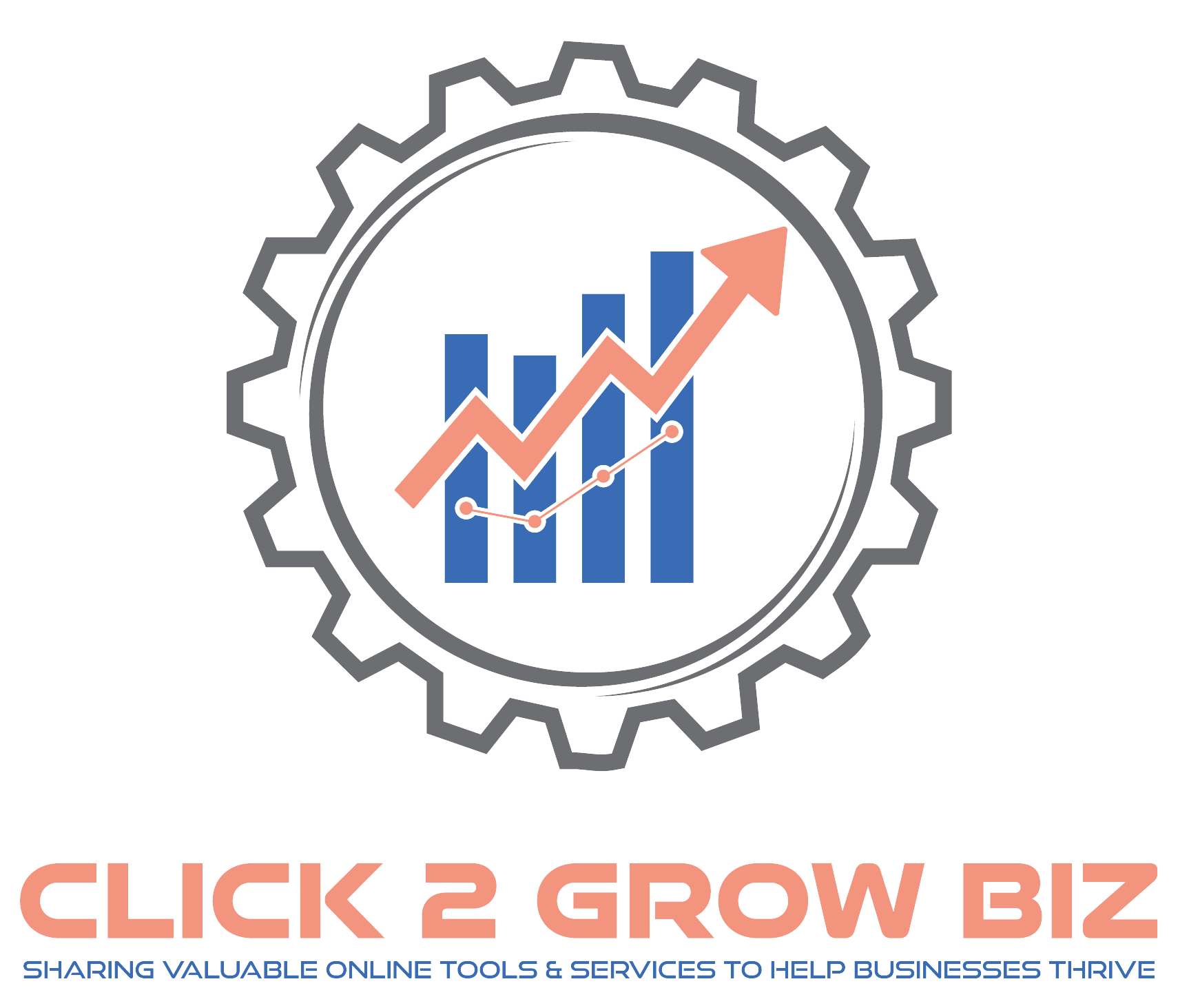The Importance of SSL Certificates in Web Hosting
Whether searching for information, shopping online or logging into their digital accounts, people send and receive vast amounts of data each day over the internet.
Unfortunately, cyber threats are rampant and can easily expose personal or financial
information. Luckily, SSL certificates can help websites protect their visitors by encrypting these connections.
SSL stands for Secure Sockets Layer and is a technology that creates an encrypted connection between a website’s server and a visitor’s browser. This connection is established via a public and private key pair. The key pair encrypts data that is transferred between the two parties, meaning it can only be decrypted with the private key, which is securely held by the site owner.
The SSL certificate also includes the website’s domain name, ensuring that it is the correct one and not a fraudulent or fake site.
As a result, SSL certificates help prevent hackers from accessing sensitive information that could otherwise be used for fraud or identity theft. This is especially important when conducting transactions or exchanging confidential data over the internet.
Moreover, the addition of SSL to a website helps boost its credibility and build trust with visitors. This is because a padlock icon, HTTPS and the site’s name displayed in the address bar are all visible indicators that the website is secured with an SSL certificate.
Although it is possible to host a website from home, most people instead rent space on a server owned by a web hosting company. This is because the technical skills required to host a site are often beyond what most people have.
Web hosts are responsible for making sure that the website they store on their servers loads
quickly, no matter how much traffic it gets. They are also responsible for safeguarding all of the data on their servers.
After all, hackers are always looking for ways to steal customer names and banking details from websites.
There are three main categories of SSL certificates, which differ in terms of the validation and encryption levels they provide: domain, organization, and extended validation. Domain Validated (DV SSL) certificates offer the lowest level of validation, requiring only verification of the domain name and email address.
These are perfect for blogs or informational sites that don’t collect sensitive or financial
information. Organization Validated (OV SSL) certificates require a more in-depth validation process, including verification of the company’s legal existence and physical location. These are ideal for businesses that want to display additional trust indicators, such as a green padlock symbol, in the browser’s address bar.
Finally, Extended Validation (EV SSL) certificates are the most secure, offering a full range of
validation and encryption levels. This includes not only a green padlock, but the display of the site’s name, country, and business type in the address bar to further boost trust. Regardless of the type of SSL certificate you choose, all of them are vital for protecting your website and its visitors from cyber attacks.

My Recent Posts
All-in-One Sales Automation Platform
Check out my recent post on all-in-one sales and marketing tools and what I think of it.
Sales Funnels
Check out my recent post on sales funnels and what I think about them. Are they still worth it?

Sola is a digital marketer passionate about helping businesses find and use the right tools and software to grow. My journey has been anything but conventional, spanning corporate consulting, entrepreneurship, and even farming before I discovered my true calling. I understand the challenges of building a business and balancing personal priorities, and that’s why I’m committed to helping entrepreneurs and decision-makers simplify their operations and scale efficiently. My mission? To make digital marketing and business growth easier, more effective, and rewarding for those who need it most.
Click2GrowBiz
©Copyright 2025 Click2GrowBiz
46 Elmwood Ave.
Belfast, BT9 6AZ, United Kingdom
